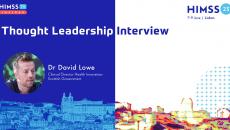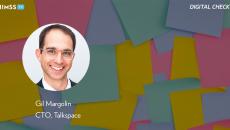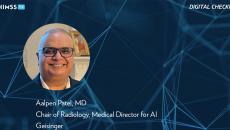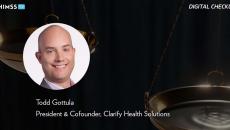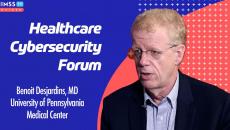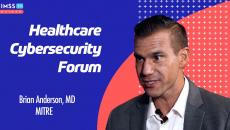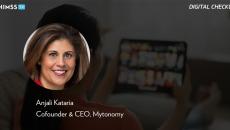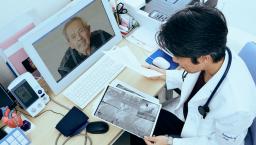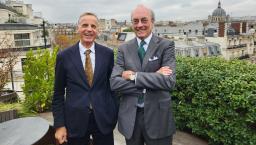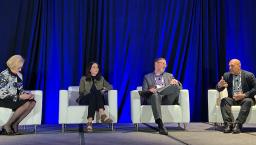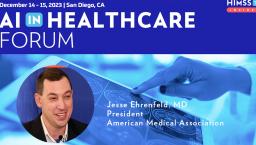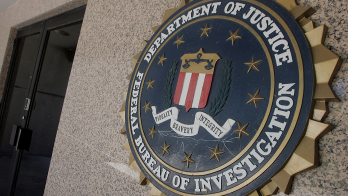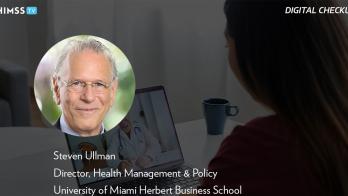Artificial Intelligence
Certain foundations need to be in place and there needs to be proactive change management for successful AI deployment. Prof David Lowe, clinical director for health innovation with the Scottish government, illustrates this with current use cases.
The IT leader discusses some of the innovative generative AI projects being piloted at the Boston health system and offers thoughts on how artificial intelligence should be regulated in healthcare – with guardrails around safety, efficacy and ethics.
"We can identify things earlier compared to when a human would see it," said Gil Margolin, CTP with Talkspace, which uses linguistic regression to analyze de-identified behavioral health messages and alert providers to patients at risk for self-harm.
Many hospitals and health systems are quickly realizing they need what Geisinger and few others have – a medical director of AI. The prominent health system's physician AI maestro Dr. Aalpen Patel discusses his role and goes behind the scenes on a number of AI projects.
Todd Gottula, president and cofounder of Clarify Health, says that clear case-adjusted benchmarks and patient outcome data can make conversations about AI-driven incentives much more approachable.
There are cybersecurity risks posed by smart medical devices, but most people would not be a target of such attacks, said Dr. Benoit Desjardins, professor at the University of Pennsylvania Medical Center.
Collaboration among health systems, vendors and regulators is critical to help guide the development and use of artificial intelligence in healthcare, says Dr. Brian Anderson, chief digital health physician at MITRE.
Health systems today are looking at deploying emerging technologies like the metaverse and ChatGPT, but putting them to good use may be challenging, says Aster DM Healthcare Group CIO Veneeth Purushotaman.
Anjali Kataria, Mytonomy CEO and cofounder, says that content streaming and AI can empower patients at home and help hospitals and health systems improve their patient education materials as they reduce the time nurses spend answering questions.
"ChatGPT and Healthcare" author Dr Harvey Castro says he sees a future with a LLM that will have base knowledge from medical literature along with the "right" doctors and providers inputting information to minimize hallucinations.

